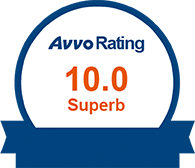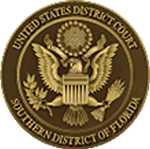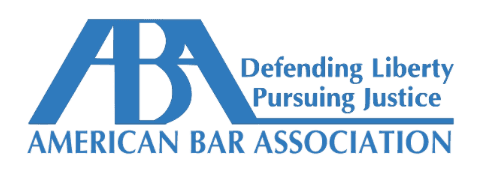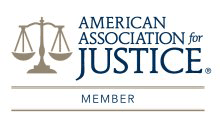
St. Thomas University Student Defense Attorneys
St. Thomas University is a private Catholic university in Miami Gardens, Florida. The university offers over 50 undergraduate and graduate degree programs and generally enrolls over 5,000 students considering ungraduated, graduate, and law school students. St. Thomas University offers 23 undergraduate majors, 24 graduate majors, four doctoral programs, and one law program.
Being a student at St. Thomas University, is an incredible opportunity to grow academically, personally, and professionally as a young student prepares to begin his or her career in the workforce. St. Thomas University’s mission emphasizes ethical leadership and personal responsibility — values that guide every student’s experience on campus.
However, even the most honorable students can find themselves in a difficult situation due to misconduct such as a residence hall incident, an allegation of academic dishonesty, or a more serious Title IX or criminal matter. The consequences of such misconduct could impact your scholarship, housing, academic record, or future employment.
Like every school or university, St. Thomas University has a student handbook that enumerates rules and regulations that determine if a student is responsible for misconduct, the process for challenging allegations of misconduct, and possible punishments for a violation. You have rights during this process. At Hubbs Law, we not only aggressively defend criminal accusations, we also defend students that have been accused of misconduct as well.
Hubbs Law can handle student defense cases at any school in the State of Florida including the University of Miami, Florida International University, Miami-Dade College, Barry University, St. Thomas University, Nova Southeastern University and more. Call Hubbs Law today to at 305-570-4802 to schedule your consultation.
Student Disciplinary Process at St. Thomas University
St. Thomas University’s disciplinary rules and regulations are listed in “St. Thomas University’s Student Handbook” which is updated on an annual basis. St. Thomas University requires every student to act with “integrity, mutual respect, and civility”.
In St. Thomas University’s Student Handbook, there is a comprehensive list of prohibited conduct called “Community Standards” including the following:
- Drinking Alcohol While Underage
- Possession of an Open Container
- Public Intoxication
- Abuse/Physical Assault
- Arson
- Bomb Threats
- Breaking and Entering
- Deceptive Behavior
- Disorderly Conduct
- Possession of a Controlled Substance
- Distribution of a Controlled Substance
- Possession of Drug Paraphernalia
- Gambling
- Harassment
- Hazing
- Theft
- Trespass
- Vandalism
- Possession of Weapons or Firearms
Any member of the University can report misconduct from a student by making a formal complaint. If a complaint is made against a student, the complaint is investigated by the Office of Community Standards and Social Responsibility. If that department determines that the allegations is without merit, the investigation will cease. If it is determined that a violation may have occurred, the student will be notified to schedule a preliminary conference with the Chief Conduct Officer.
The purpose of the preliminary conference is to provide guidance to the accused student, to answer questions about the disciplinary process, and to make arrangements for a final hearing if necessary. The student is allowed to provide three possible business days and times he or she is available. The Chief Conduct Officer will then choose one of the days and times.
At the preliminary conference, the student can choose one of three separate hearings:
- Informal Hearing – If the student is willing to accept responsibility for the misconduct, an informal hearing will be immediately held where the Chief Conduct Officer will issue sanctions against the student. The student will then have the opportunity to either agree to the sanctions or dispute the sanctions and set the case for one of the other hearings below.
- Administrative Hearing – This hearing will be conducted by the Chief Conduct Officer or an appointed Hearing Officer.
- Judicial Board Hearing – This hearing will be conducted by a Judicial Board which consists of up to three St. Thomas University community members (students, faculty, or staff).
At a hearing, the University has the burden of proof to prove the charges by a “preponderance of the evidence” (more likely than not). Witnesses will testify at the hearing, evidence will be admitted, and then a decision will be rendered by the Hearing Officer within 5 business days. The hearing will also be recorded.
The hearing order of events are as follows:
- Introduction
- Statement of Charges
- Respondent will be asked to accept or deny responsibility of all charges
- Complainant’s information to support charges/investigative report
- Respondent’s Opening Statement
- Respondent is questioned by Hearing Officer(s)
- Witness Statements
- Hearing Officer(s) question witnesses
- Hearing Officer clarifying questions of complainant, respondent, or witnesses
- Closing Statements
- Dismissal for Deliberations
- Written notification of hearing results within 5 business days
Sexual Harassment and Sexual Misconduct Process at St. Thomas University
St. Thomas University’s Sexual Harassment and Sexual Misconduct Policy is governed by Title IX which is a federal law that was enacted in 1972 to protect students from sex or gender discrimination. Pursuant to that end, St. Thomas University has enacted a “Sexual Harassment and Relationship Violence Policy”.
Under this policy, St. Thomas University has developed rules and regulations that cover allegations related to sexual harassment and sexual misconduct that are not covered by the St. Thomas University Student Handbook.
Some of the conduct which is prohibited under this policy includes:
- Sexual Harassment
- Sexual Assault
- Domestic Violence
- Dating Violence
- Stalking
To report misconduct under this policy, a party must file a formal complaint with the University’s Title IX coordinator. Upon the filing of a formal complaint, the University will send notice of the allegations to the accused including the identity of the parties involved, the conduct allegedly violating the Title IX policy, and the date and location of the alleged incident.
If the University determines the complaint has merit, a Title IX investigation will take place. During the investigation, a Title IX investigator is generally assigned that will speak to witnesses, collect evidence, and issue a final report which will be disclosed to the student.
After the investigation, the student could have two options to resolve the complaint. If the University offers what is called an “alternative resolution”, which is an informal process between the parties to attempt to reach an agreed resolution without a hearing. If an agreement cannot be made, the case will proceed to a formal hearing.
At a formal hearing, the Hearing Officer will hear testimony from witnesses, review evidence, assess credibility, and make a final determination regarding responsibility similar to the regular student disciplinary process. In making the determination on responsibility, the Decision-maker will deliberate in a closed session and prepare a “written deliberation statement” within two business days to the Title IX coordinator. The Title IX coordinator will then issue the “notice of outcome” within seven calendar days to the student.
Possible Sanctions from St. Thomas University
If an individual either accepts responsibility or is found responsible after a hearing, the possible sanctions under the St. Thomas University Handbook include:
- Verbal Reprimand
- Written Reprimand
- Removal from Residence Halls
- Restitution and/or Fines
- Reflection Essays
- Letters of Apology
- Requirement to attend educational or intervention program, seminar, etc.
- Requirement to attend assessments and/or screenings to assist in determining additional actions to be taken by the student
- Loss of privileges such as the privilege to move off-campus, to live on campus, membership in extra-curricular organizations or activities, athletics, or attendance at special events
- Permanent No-Contact Orders between involved individuals.
- Permanent No-Trespass Order on University campus or properties
- Disciplinary Probation
- Interim Suspension
- Disciplinary Suspension
- Expulsion
In determining the appropriate sanction, the school will generally take into account the seriousness of the offense, the student’s prior disciplinary history, and any aggravating or mitigating factors.
Student Appeals Process at St. Thomas University
A student that is found responsible for either violating the University’s community standards or Title IX policy is entitled to appeal. However, the appeal is limited to one of the following grounds:
- Procedural error which had a bearing on the original decision;
- New information that was not available at the time of the inquiry which had a bearing on the original decision;
- Bias demonstrating that there is no way a reasonable person could have arrived at decisions similar to the original decision absent the bias; or
- The severity of the sanction was disproportionate to the gravity and nature of the conduct.
A student that is appealing a violation of the University’s community standards must file the appeal in writing within 48 hours of delivery of the outcome to the Appellate Officer through the Office of Student Affairs.
A student that is appealing a Title IX violation must file the appeal in writing within 5 business days to the Title IX coordinator.
Additional Resources
St. Thomas University Student Handbooks - Click the link to find the most updated student handbook at St. Thomas University for undergraduate, law school, nursing, or graduate programs.
St. Thomas University Title IX Polcies - Click the link to read St. Thomas University’s Title IX
policy, resources for Title IX related cases, and contact information for the Title IX office.
Attorney for Student Defense at St. Thomas University
At Hubbs law, we defend against allegations of student misconduct at all Florida universities including the University of Miami, Florida International University, Miami-Dade College, Barry University, St. Thomas University, Nova Southeastern University and more. Our attorneys have the experience necessary related to student cases that could give you, or your loved one, an excellent opportunity to prepare a defense.
Our attorney, E.J. Hubbs, is a former prosecutor who has handled over 10,000 cases in his career and has the experience necessary to give you the best opportunity to protect your reputation as a student.
Hubbs Law handles all college student cases in Miami-Dade County including South Miami, North Miami, Coral Gables, Kendall, Dadeland, Homestead, Pinecrest, Palmetto Bay, Cutler Bay, Hialeah, and Doral as well as other cities and counties surrounding the Greater Miami Area.
Call 305-570-4802 or contact us online to schedule your first consultation.
As professional Miami criminal defense attorneys, we take every case personally give every client the deliberate care it deserves. Our clients become part of our family and we fight relentlessly for their rights. Read more about us to find out how we can help you.

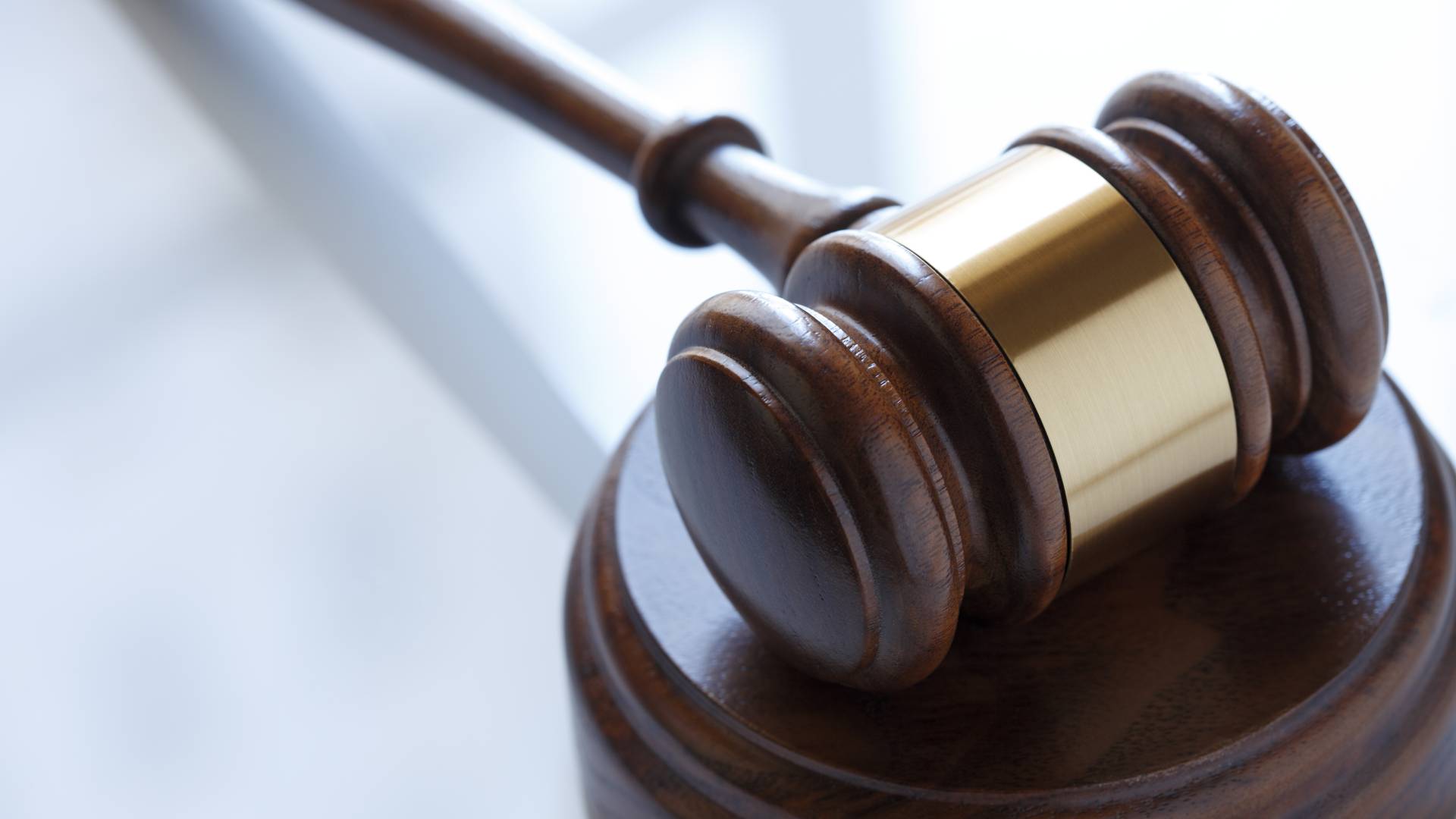

Client Testimonials
-
"If you ever need an attorney E. J. and the whole Hubbs Law Family is the attorney you need"Dre Dre
-
"They would take our calls for the smallest questions, answer our emails and guide us through the entire process."Dolsin Rivas
-
"I’m very happy to have found E. J. And Erika Hubbs because their energy, knowledge, and advise helped me become a US citizen."Paola Eckel
-
"I honestly feel beyond lucky to have had their guidance and support in a time I felt vulnerable in this immigration climate."Zoe Gorospe
-
"We were in need of a lawyer to help us with our immigration case and we were very lucky to have found Erika."Carlos Urbina
-
"He followed up on a timely manner and I never had to chase him down for a follow up."TRUJR

